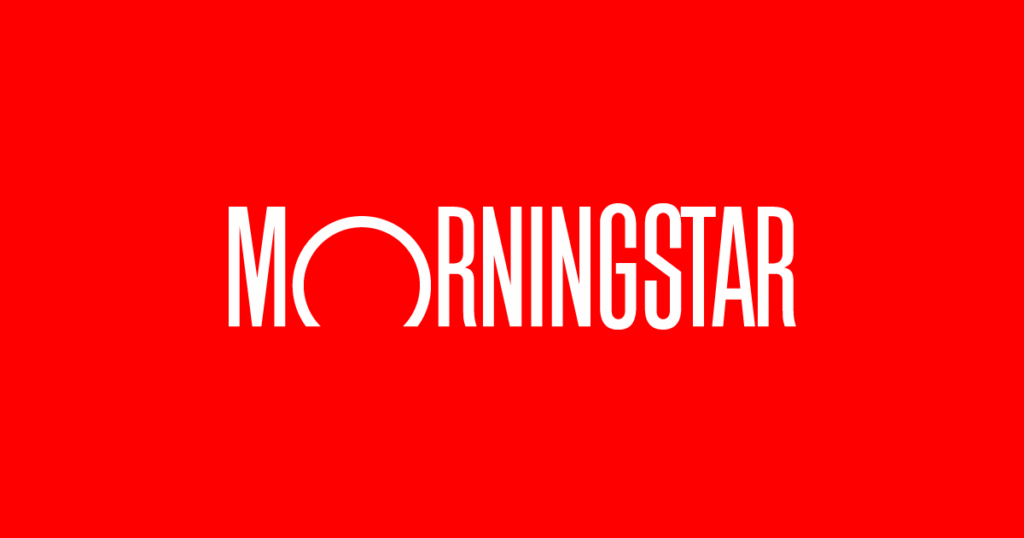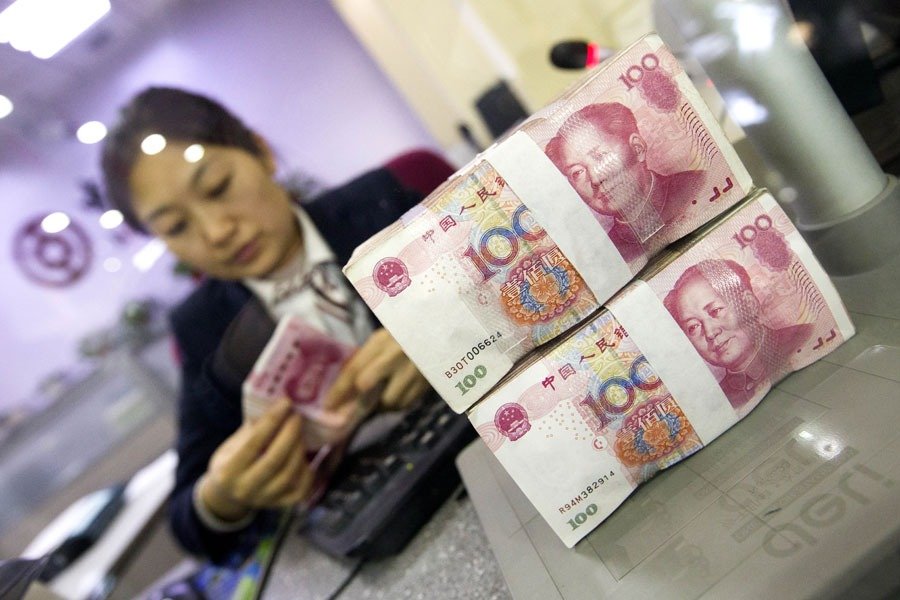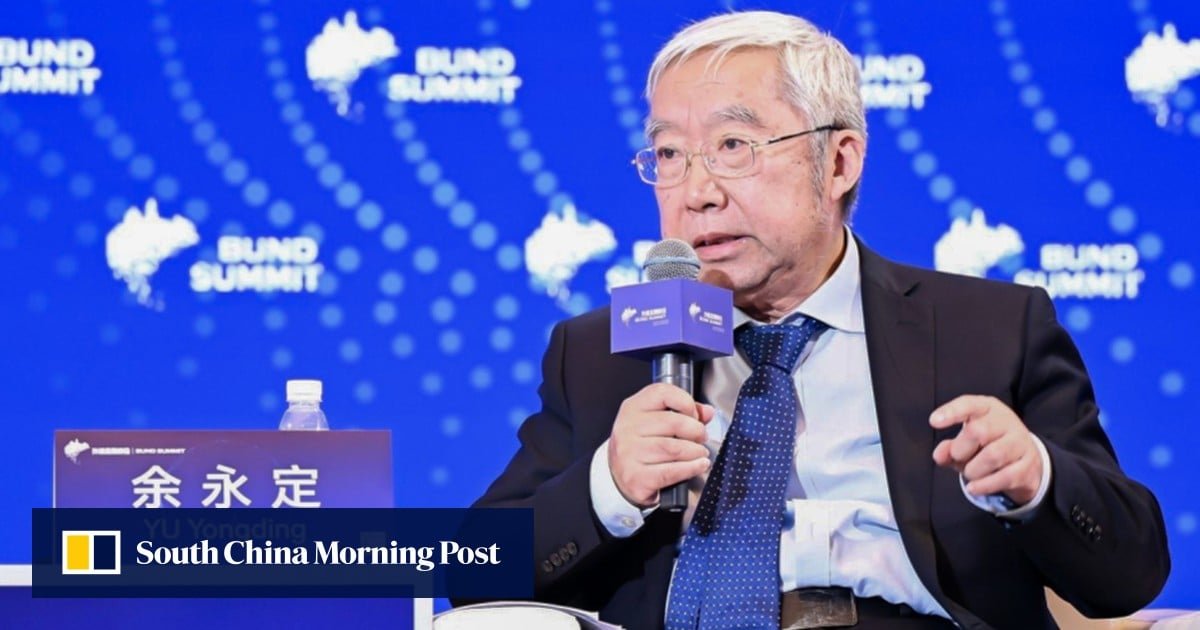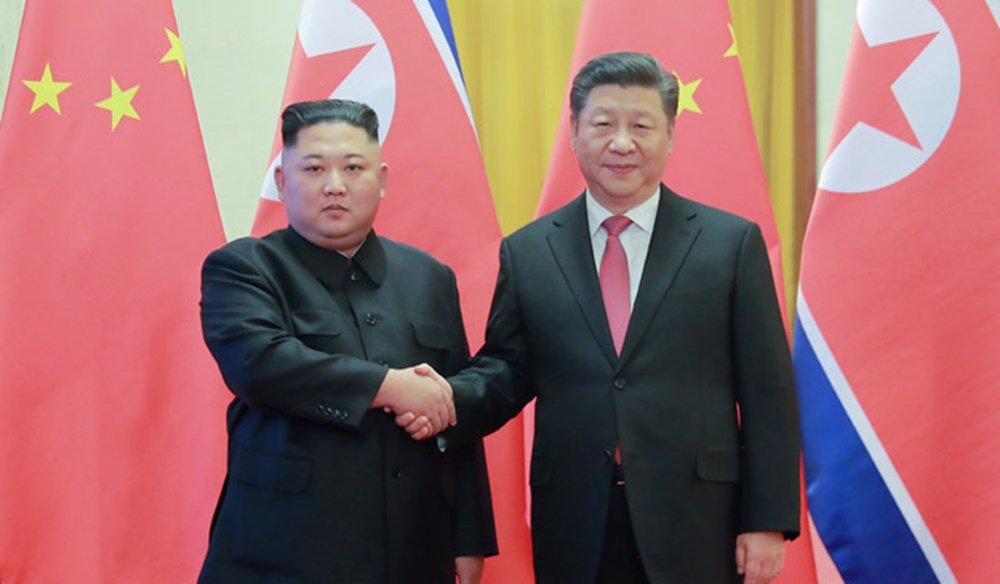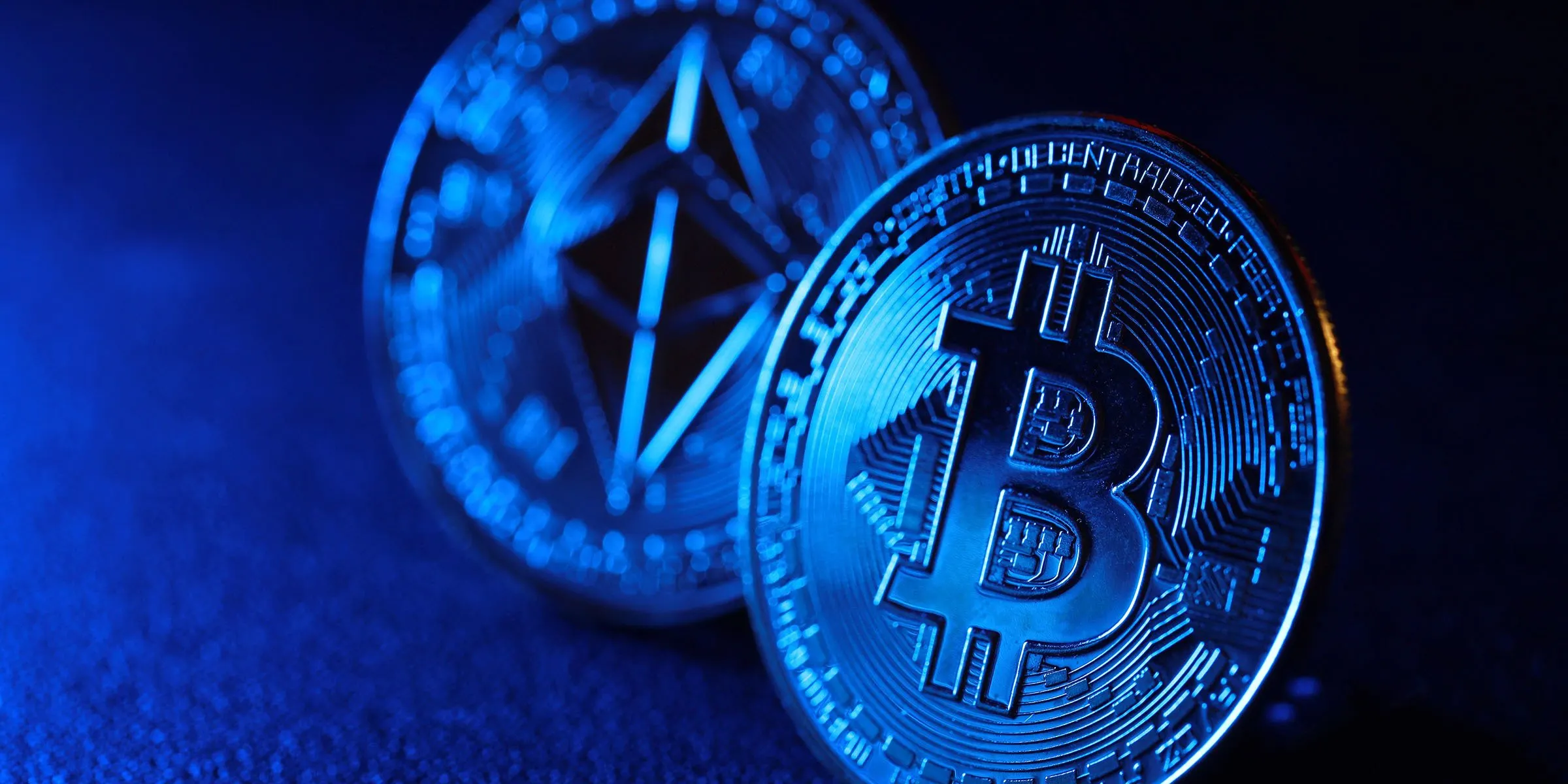By Rhiannon Hoyle
MELBOURNE, Australia--The chair and chief executive of giant miner BHP Group Thursday brushed off market concerns about protracted contract negotiations with China, saying the company continues to sell the iron ore it mines and that it has a good relationship with customers in the Asian nation, the world's dominant commodities buyer.
Annual contract talks on iron-ore sales between BHP and China have been thrust into the spotlight following media reports of a stalemate on price and whether the miner would sell more of its ore in yuan instead of the U.S. dollar, the currency used for most commodity sales worldwide. BHP, the world's top miner by market value, relies on iron ore for more than half its earnings.
"We're in a commercial negotiation," Chair Ross McEwan told reporters following an annual shareholder meeting. "That's it. We do it every year."
In painting discussions as business as usual, both McEwan and Chief Executive Mike Henry highlighted recent first-quarter production results, in which the miner said sales were broadly in line with the prior year.
"So we've continued to sell our product," Henry told reporters. "Of course, from time to time, you're going to find that commercial negotiations are more protracted, or there'll be more back and forth along the way."
Some of BHP's previous negotiations with China have taken as long as six months, added McEwan, who became chair of the miner in March.
Henry said he doesn't foresee broader tensions between the U.S. and China having any impact on contract negotiations. Earlier this week, the U.S. and Australia agreed a broadranging minerals deal following a flurry of tariff threats and export controls by China and the U.S. on commodities in recent months.
The iron-ore contract talks are commercial, not political, said McEwan. "We have a pretty good working relationship" with China, he added.
Analysts say China appears to be wresting control over pricing of iron ore, the key ingredient in steel, away from the industry's giant miners. Three years ago, China established a state-run iron-ore buyer to coordinate purchases for most of China's steel mills which "has changed the competitive dynamic," RBC Capital Markets analyst Kaan Peker said in a recent note to clients.
Peker questioned whether BHP should consider some kind of alliance with rival iron-ore giant Rio Tinto to help the miners protect profits from their lucrative mining operations.
The two companies considered a joint venture in the iron-rich Pilbara region of Australia 15 years ago, but the proposed deal was scrapped, with the miners citing regulatory hurdles. More than half of all iron ore shipped globally comes from the Pilbara.
McEwan said there are no such discussions happening today, although both he and Henry added that the miner will always consider the best way of using infrastructure, even that owned by others, to improve its operations.
"At this stage, there are zero conversations going on there," said McEwan. The miners would need to consider "a lot of things," including regulatory hurdles, he said.
In addressing how much of BHP's ore is today sold using yuan, McEwan said BHP makes less than 10% of its sales in a currency other than the U.S. dollar.
Most of those sales are of iron ore at Chinese ports, priced in yuan, which is "a pretty standard industry practise," Henry told the shareholder meeting.
"Both ourselves and our competitors do this," he said.
Write to Rhiannon Hoyle at rhiannon.hoyle@wsj.com
(END) Dow Jones Newswires
October 22, 2025 23:25 ET (03:25 GMT)
Copyright (c) 2025 Dow Jones & Company, Inc.

